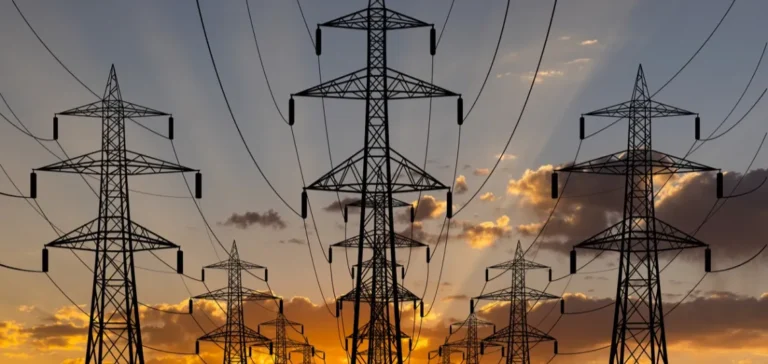France’s electricity pricing reform, set to take effect on January 1, 2026, is facing strong criticism from lawmakers. A report by the Economic Affairs Committee of the National Assembly finds that consumers are “not sufficiently” protected against the volatility of wholesale electricity markets.
A system offering less consumer protection
Members of Parliament Philippe Bolo and Maxime Laisney, rapporteurs of the fact-finding mission, highlight that the reform could lead to increased household exposure to price fluctuations. The new framework, which replaces the Regulated Access to Historic Nuclear Electricity (Accès régulé à l’électricité nucléaire historique, Arenh) system introduced in 2011, is based on a dual mechanism. On one hand, Électricité de France (EDF) will be allowed to sell its nuclear output directly on the market or through long-term contracts.
This marketing model is intended to provide greater price visibility for companies, particularly energy-intensive industries. However, the lawmakers argue that this market-driven system, if not coupled with adequate protections, could disadvantage residential consumers, especially lower-income households.
A redistribution mechanism lacking clarity
The second part of the reform introduces a mechanism known as the Nuclear Revenue Transfer (Versement nucléaire unique, VNU), designed to skim off a portion of EDF’s excess earnings from its nuclear fleet above a certain threshold. These funds are to be redistributed to consumers. However, the parliamentary report notes that implementation remains uncertain.
According to projections by the Energy Regulation Commission (Commission de régulation de l’énergie, CRE), current wholesale market prices make any redistribution in 2026 unlikely. Lawmakers are calling for an urgent clarification of the mechanism, which they describe as overly complex and opaque.
Fiscal adjustments to ease household costs
Among the 19 recommendations issued, the parliamentary mission suggests reducing the electricity tax burden, deemed higher than that applied to gas. It proposes introducing a reduced 5.5 % value-added tax (VAT) rate on so-called “incompressible” electricity consumption, referring to households’ essential energy needs.
This measure aims to mitigate the effects of price volatility on the most vulnerable consumers while ensuring consistent taxation across energy sources. The report also emphasises the need to explore alternative pathways for better price control, including a stronger role for the state in energy sector regulation.






















